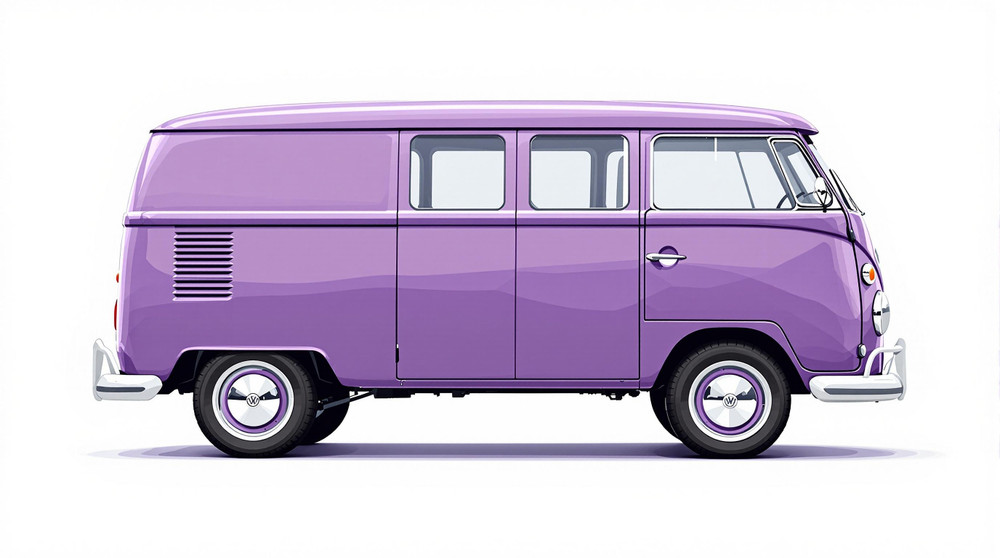Image of 1959 Volkswagen Transporter, Note: These illustrations use artistic license and may differ from actual historical models.
Performance Metrics
Fundamental Metrics
Emotional Appeal
MMP Rating
| Engine Specifications | |
|---|---|
| Engine: | Air-cooled, rear-mounted, flat-four engine |
| Displacement: | 1.2L to 1.5L |
| Horsepower: | 30-44 hp |
| Torque: | 60-70 lb-ft |
| Compression Ratio: | 6.6:1 |
| Ignition System: | Distributor ignition system |
| Cooling System: | Air-cooled |
| Performance Specifications | |
| 0-60 Time: | Estimated 37 seconds |
| 1/4 Mile Time: | Not available |
| Top Speed: | 65 mph |
| Transmission and Drive | |
| Drive Type: | Rear-wheel drive |
| Transmission Type: | 4-speed manual |
| Fuel and Efficiency | |
| Fuel System Type: | Carburetor |
| MPG: | 25-30 mpg |
| Dimensions and Brakes | |
| Brakes: | Drum brakes |
| Wheelbase: | 94.5 inches |
| Weight: | 2,600 lbs |
Note: Specifications for classic cars are given to the best of our ability, considering the limited and variant data available.
Unveiling the Quintessential 1959 Volkswagen Transporter Van
When the open road beckons, few vehicles answer the call with as much charm and character as the 1959 Volkswagen Transporter Van. Born in an era of innovation and simplicity, this iconic van emerged from the storied assembly lines of Volkswagen, a manufacturer renowned for its pivotal role in mobilizing post-war Germany. The Transporter, affectionately known as the "Microbus," not only captured the spirit of the '50s but also became a symbol of counterculture in the decades to follow. A unique fact that often surprises enthusiasts is that the Transporter Van's design was inspired by a simple sketch drawn by Dutch Volkswagen importer Ben Pon, illustrating a boxy shape atop a Beetle chassis.
Design and Innovation
The 1959 Volkswagen Transporter Van's exterior styling was a departure from the sleek lines of its automotive contemporaries. Its utilitarian and straightforward design featured a split windshield, affectionately known as the "splitty," and rounded edges that exuded a friendly demeanor. Inside, the interior was a testament to practicality with its minimalist dashboard and durable materials built to withstand the rigors of travel and transport. Technological features were modest, with an emphasis on reliability and ease of use. The color palette ranged from muted tones to vibrant hues, with Sealing Wax Red and Chestnut Brown being popular choices that still evoke nostalgia today. Among the various body styles, including panel vans and kombis, the Samba with its skylight windows and sunroof remains an iconic favorite.
Historical Significance
The 1959 Volkswagen Transporter Van's impact on automotive design cannot be overstated. It pioneered the forward-control design in light commercial vehicles, maximizing interior space while maintaining a compact footprint. This van stood apart from its peers with its air-cooled rear engine, a feature that contributed to its reliability and ease of maintenance. Its lasting influence is evident in the countless iterations and evolutions that have since taken inspiration from its original form.
Performance and Handling
Performance-wise, the 1959 Transporter was never about speed; it was about the journey. With a modest top speed and leisurely acceleration from 0-60 mph that could generously be described as unhurried, it invited drivers to take in the scenery rather than race through it. Handling was predictable and sturdy, capable of navigating winding roads with poise if not agility. The driving experience was immersive, characterized by the distinctive hum of its air-cooled engine and the tactile feedback of its large steering wheel.
Ownership Experience
Owners of the 1959 Volkswagen Transporter Van typically revel in its multipurpose nature—equally at home as a daily driver, show car, or even a camper conversion. Maintenance is straightforward, endearing it to DIY enthusiasts and professional mechanics alike. Its simplicity means that reliability is high, and when repairs are needed, they're usually not overly complex.
Fun Facts
The Transporter has had its share of limelight with rare editions like the 23-window version commanding premium interest. Celebrity ownerships have added to its allure, with fans ranging from Jerry Garcia to Jamie Oliver. While it never set speed records, it certainly has made records in terms of sales and cultural impact. Criticisms typically focus on its modest power output, but for many, this is far outweighed by its charm.
Collector's Information
Today, the value range for a well-preserved 1959 Volkswagen Transporter Van can vary greatly depending on condition, originality, and specific model type. Estimates suggest that tens of thousands were produced, though exact numbers are hard to pinpoint. Rarity and market availability fluctuate, but interest remains high. Price trends have generally seen an appreciation in value, with well-restored examples fetching anywhere from $50,000 to over $100,000 at auction.
Conclusion
The 1959 Volkswagen Transporter Van is more than just a vehicle; it's a rolling testament to a bygone era that continues to captivate enthusiasts around the globe. From its distinctive design to its cultural significance, this van embodies a sense of freedom and adventure that is as compelling today as it was over six decades ago. Whether parked at a classic car show or cruising down a coastal highway, the Transporter Van remains an enduring icon of automotive history.
1959 Volkswagen Transporter Catalog of Parts
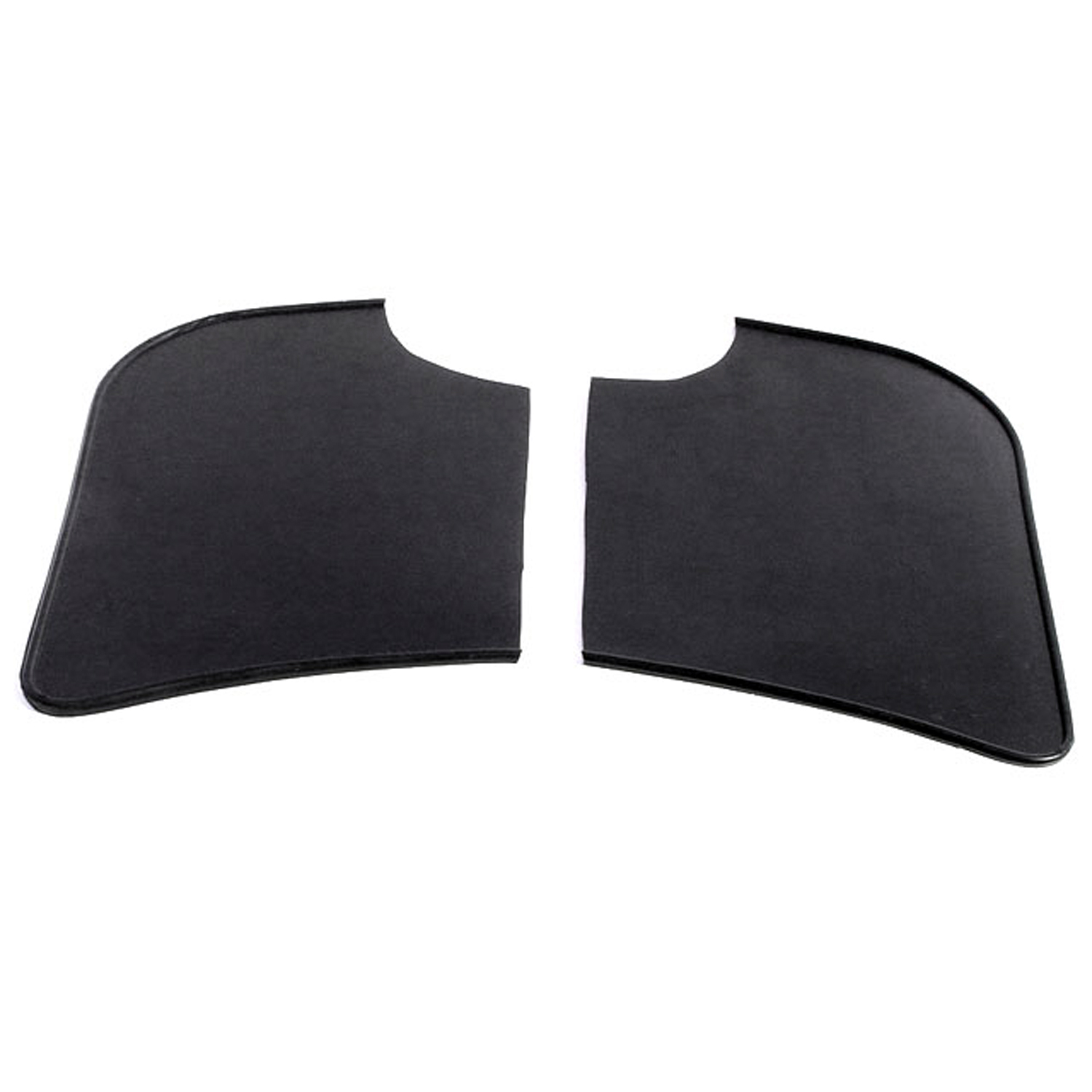 1959 Volkswagen Transporter Gravel Shields. Molded flat without metal backing plates-FS 40Gravel Shields. Molded flat without metal backing plates. Apply with contact cement. 7-5/8" long X 5-5/8" wide at top. Pair
1959 Volkswagen Transporter Gravel Shields. Molded flat without metal backing plates-FS 40Gravel Shields. Molded flat without metal backing plates. Apply with contact cement. 7-5/8" long X 5-5/8" wide at top. Pair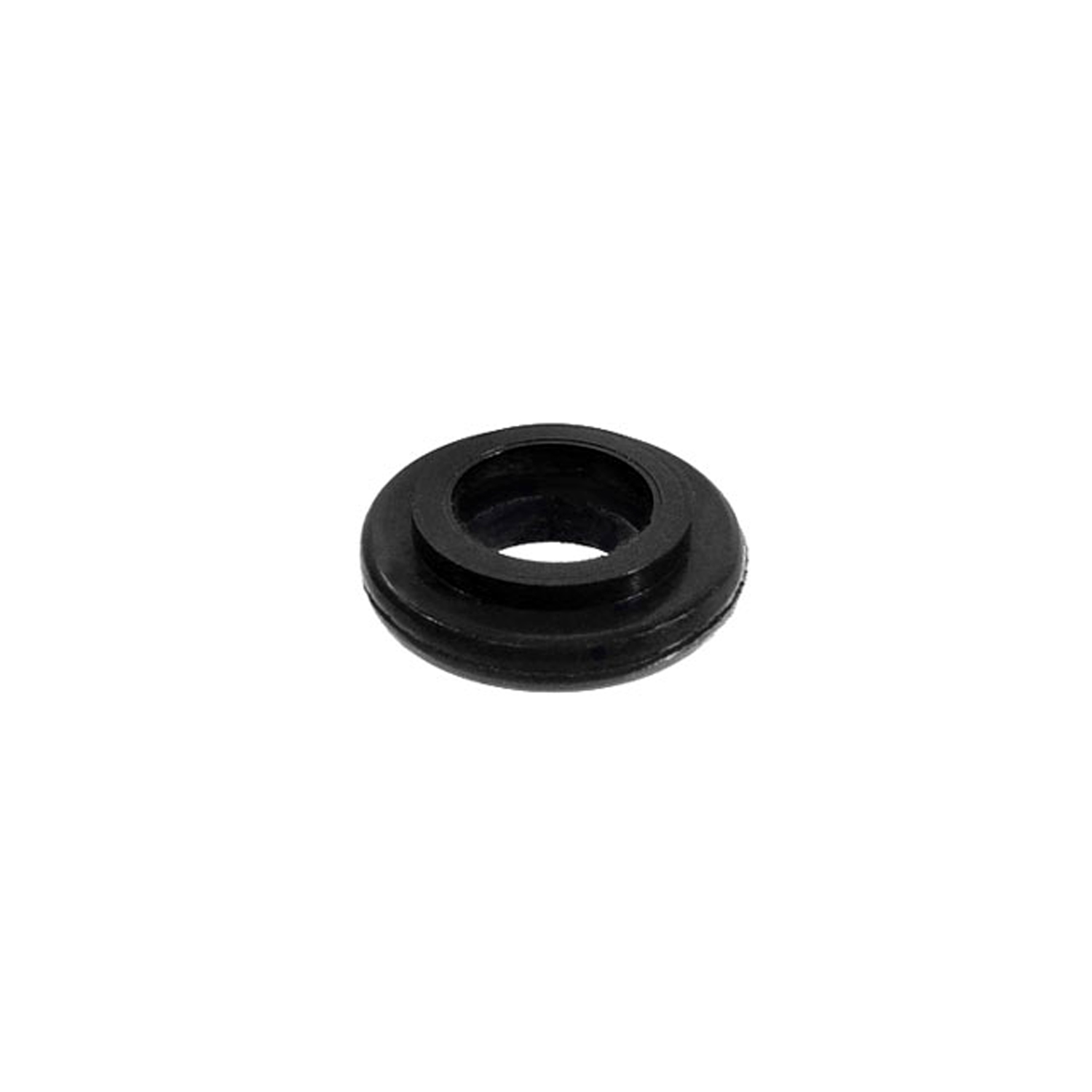 1959 Volkswagen Transporter Oil Cooler Seal. 7/16" I.D., 7/8" O.D. Each-RP 8-BOil Cooler Seal. 7/16" I.D., 7/8" O.D. Each
1959 Volkswagen Transporter Oil Cooler Seal. 7/16" I.D., 7/8" O.D. Each-RP 8-BOil Cooler Seal. 7/16" I.D., 7/8" O.D. Each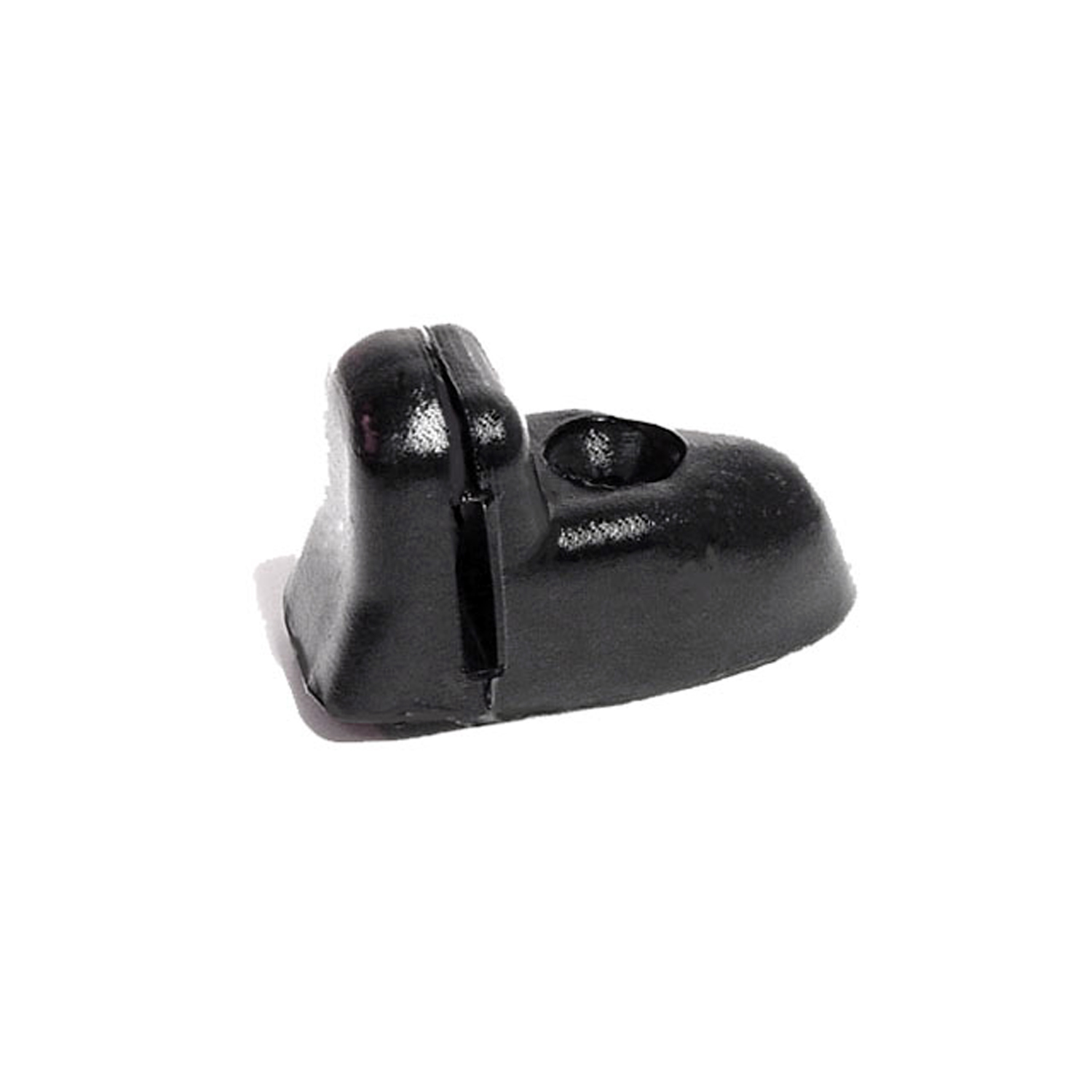 1959 Volkswagen Transporter Windshield Wiper Hold-Down Grommet-SM 35-AWindshield Wiper Hold-Down Grommet. Fits in front of windshield. Two used per bus. Each
1959 Volkswagen Transporter Windshield Wiper Hold-Down Grommet-SM 35-AWindshield Wiper Hold-Down Grommet. Fits in front of windshield. Two used per bus. Each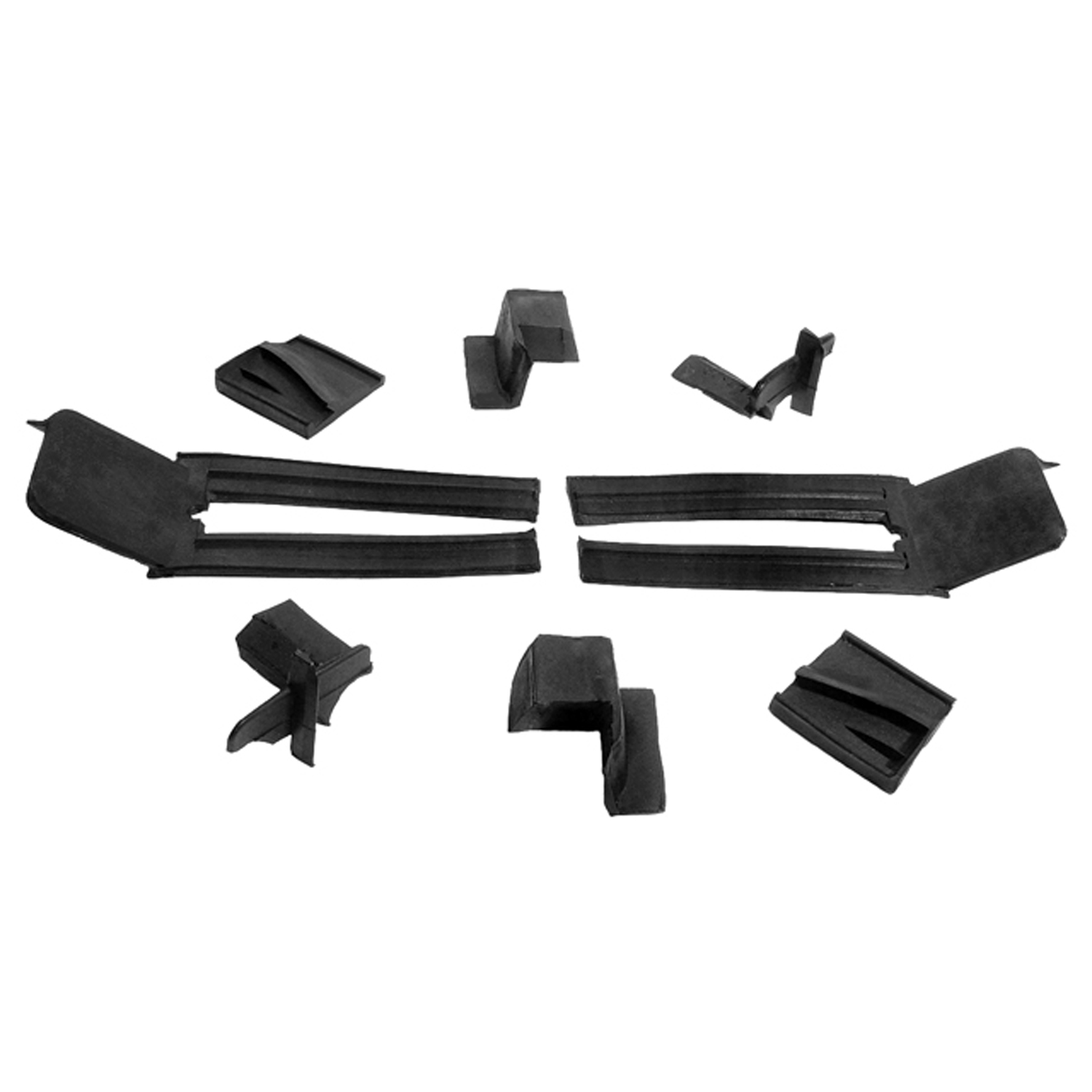 1959 Volkswagen Transporter Auxillary Window Seal Kit for Convertibles (ALP 10, ALP 10-A-WK 400Auxillary Window Seal Kit for Convertibles (ALP 10, ALP 10-A, ALP 10-B, ALP 10-C) 8-Piece Kit
1959 Volkswagen Transporter Auxillary Window Seal Kit for Convertibles (ALP 10, ALP 10-A-WK 400Auxillary Window Seal Kit for Convertibles (ALP 10, ALP 10-A, ALP 10-B, ALP 10-C) 8-Piece KitWhy Choose Metro?
For over 100 years, Metro Moulded Parts has been the pinnacle of quality in classic car restoration parts. Our commitment to precision and authenticity in every component ensures a perfect fit and an OEM-level appearance.
- Expert Craftsmanship & Quality: Each part is a testament to our dedication to reliability and perfection, crafted from original designs and thoroughly tested.
- Advanced Technology: We use cutting-edge techniques to create flawless, long-lasting parts that surpass others in performance.
- SuperSoft Sponge – The Ultimate Door Seal: Not only are our door seals 30% softer than competitors', but they're also guaranteed to never leak. They effectively reduce wind and road noise, enhancing your classic car's comfort and driving experience.
- Proudly American: Our parts are a product of American craftsmanship, made in the USA with a spirit of excellence and heritage.
- Unrivaled Warranty: We back our products with a 30-year industry-leading warranty, a testament to our confidence in their quality.
Join us in preserving the legacy of classic cars with parts that are crafted for perfection, not just made.

